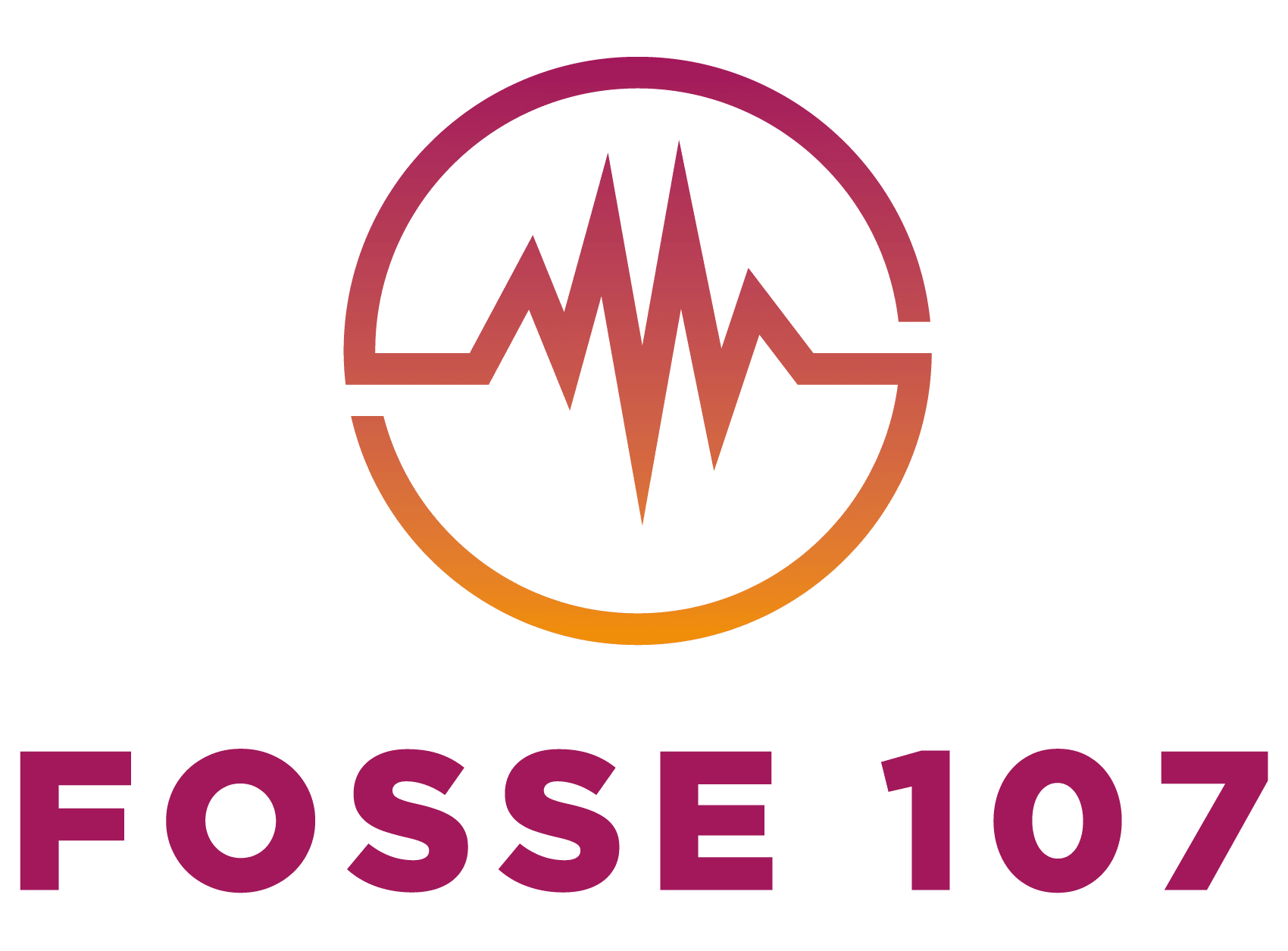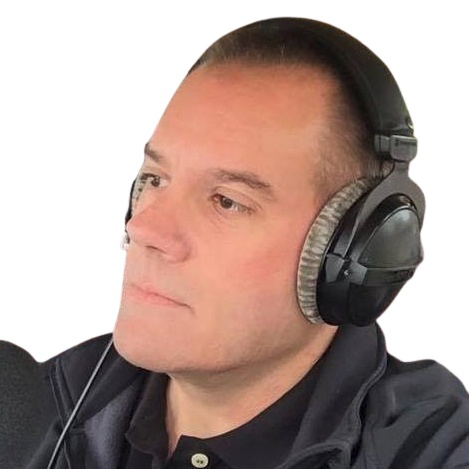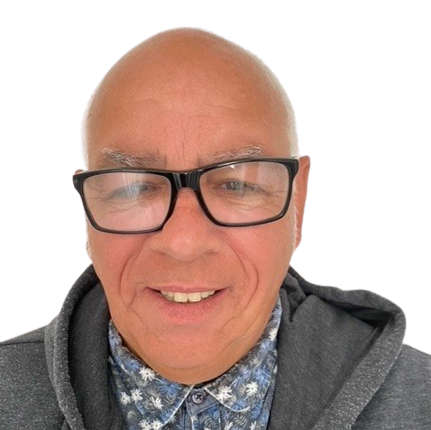Behind the efforts to secure the Gaza ceasefire and hostage release is the remarkable story of one man's unlikely involvement.
His name is Bishara Bahbah, he's a Harvard-educated economics professor from Phoenix, Arizona.
In April, his phone rang. It was Hamas.
Since that phone call, Dr Bahbah has been living temporarily in Qatar where he is in direct contact with officials from Hamas. He has emerged as an important back-channel American negotiator. But how?
An inauguration party
I first met Dr Bahbah in January. It was the eve of President Trump's inauguration and a group of Arab-Americans had thrown a party at a swanky restaurant in Washington DC's Wharf district.
There was a sense of excitement. Arab-Americans were crediting themselves for having helped Trump over the line in the key swing state of Michigan.
Despite traditionally being aligned with the Democrats, Arab-Americans had abandoned Joe Biden in large numbers because of his handling of the Gaza war.
I'd reported from Michigan weeks earlier and been struck by the overwhelming support for Trump. The vibe essentially was 'it can't get any worse - we may as well give Trump a shot'.
Mingling among diplomats from Middle Eastern countries, wealthy business owners and even the president of FIFA, I was introduced to an unassuming man in his late 60s.
We got talking and shared stories of his birthplace and my adopted home for a few years - Jerusalem.
He told me that he still has the deed to his family's 68 dunum (16 acre) Palestinian orchard.
With nostalgia, he explained how he still had his family’s UN food card which shows their allocated monthly rations from their time living in a refugee camp and in the Jerusalem's old city.
Dr Bahnah left Jerusalem in 1976. He is now a US citizen but told me Jerusalem would always be home.
He echoed the views I had heard in Michigan, where he had spent many months campaigning as the president of Arab-Americans for Trump.
He dismissed my scepticism that Trump would be any better than Biden for the Palestinians.
We exchanged numbers and agreed to meet for lunch a few weeks later.
A connection with Trump
Dr Bahbah invited two Arab-American friends to our lunch. Over burgers and coke, a block from the White House, we discussed their hopes for Gaza under Trump.
The three men repeated what I had heard on the campaign trail - that things couldn't get any worse for the Palestinians than they were under Biden.
Trump, they said, would use his pragmatism and transactional nature to create opportunities.
Dr Bahbah displayed to me his own initiative too. He revealed that he got a message to the Palestinian Authority President, Mahmoud Abbas, to suggest he ought to write a personal letter of congratulations to President Trump.
A letter from Ramallah was on the Oval Office desk on 6 November, a day after the election. It's the sort of gesture Trump notices.
It was clear to me that the campaigning efforts and continued support of these three wealthy men had been recognised by the Trump administration.
They had become close to key figures in Trump's team - connections that would, in time, pay off.
There were tensions along the way. When Trump announced he would "own Gaza", Dr Bahbah was disillusioned.
And then came the AI video of Trump and Israeli Prime Minister Benjamin Netanyahu sunning themselves in a Gazan wonderland.
"It is provocative and unacceptable," he told me just after the president posted the video in February.
Trump must have thought it was funny, so he posted it. He loves anything with his name on it."
Then came the Trump plan to resettle Palestinians out of Gaza. To this, he released a public statement titled Urgent Press Release.
"Arab-Americans for Trump firmly rejects President Donald J Trump’s suggestion to remove - voluntarily or forcibly - Palestinians in Gaza to Egypt and Jordan," he said.
He then changed the name of his alliance, dropping Trump. It became Arab-Americans for Peace.
I wondered if the wheels were coming off this unlikely alliance.
Was he realising Trump couldn’t or wouldn’t solve the Palestinian issue? But Dr Bahbah maintained faith in the new president.
"I am worried, but at the same time, Trump might be testing the waters to determine what is acceptable…," he told me in late February as the war dragged on.
"There is no alternative to the two-state solution."
He told me that he expected the president and his team to work on the rebuilding of Gaza and work to launch a process that would culminate in the establishment of a Palestinian state, side by side in peace with Israel.
It was, and remains, an expectation at odds with the Trump administration’s official policy.
The phone call
In late April, Dr Bahbah's phone rang. The man at the other end of the line was Dr Ghazi Hamad, a senior member of Hamas.
Dr Bahbah and Dr Hamad had never met - they did not know each other.
But Hamas had identified Dr Bahbah as the Palestinian-American with the most influence in Trump’s administration.
Dr Hamad suggested that they could work together - to secure the release of all the hostages in return for a permanent ceasefire.
Hamas was already using the Qatari government as a conduit to the Americans but Dr Bahbah represented a second channel through which they hoped they could convince President Trump to increase pressure on Israel.
There is a thread of history which runs through this story. It was the widow of former Palestinian leader Yasser Arafat who passed Dr Bahbah’s number to Dr Hamad.
In the 1990s, Dr Bahbah was part of a Palestinian delegation to the multilateral peace talks.
He became close to Arafat but he had no experience of a negotiation as delicate and intractable as this.
The first step was to build trust. Dr Bahbah contacted Steve Witkoff, Trump's Middle East envoy.
Witkoff and Bahbah had something in common - one a real-estate mogul, the other an academic, neither had any experience in diplomacy. It represented the perfect manifestation of Trump's 'outside the box' methods.
Read more from Sky News:
Hamas gives 'positive' response to ceasefire proposal but asks for amendments
Why Netanyahu only wants a 60-day ceasefire
Iran: Still a chance for peace talks with US
But Witkoff was sceptical of Dr Bahbah's proposal at first. Could he really have any success at securing agreement between Israel and Hamas? A gesture to build trust was necessary.
Bahbah claims he told his new Hamas contact that they needed to prove to the Trump administration that they were serious about negotiating.
Within weeks a remarkable moment more than convinced Dr Bahbah and Witkoff that this new Hamas back-channel could be vitally important.
On 12 May, after 584 days in Hamas captivity, Israeli-American Edan Alexander was released.
We were told at the time that his release was a result of a direct deal between Hamas and the US.
Israel was not involved and the deal was described by Hamas as a "good faith" gesture. Dr Bahbah sees it as his deal.
Direct talks took place between Dr Bahbah and five Hamas officials in Doha who would then convey messages back to at least 17 other Hamas leadership figures in both Gaza and Cairo.
Dr Bahbah in turn conveyed Hamas messages back to Witkoff who was not directly involved in the Hamas talks.
A Qatari source told me that Dr Bahbah was "very involved" in the negotiations.
But publicly, the White House has sought to downplay his role, with an official telling Axios in May that "he was involved but tangentially".
The Israeli government was unaware of his involvement until their own spies discovered the backchannel discussion about the release of Alexander.
Since that April phone call, Dr Bahbah has remained in the Qatari capital, with trips to Cairo, trying to help secure a final agreement.
He is taking no payment from anyone for his work.
As he told me when we first met back in January: "If I can do something to help to end this war and secure a future for the Palestinian people, I will."

(c) Sky News 2025: Gaza: The man in the room acting as backchannel for Hamas in negotiations with US


 At least 24 dead and more than 20 children missing from camp after Texas flooding
At least 24 dead and more than 20 children missing from camp after Texas flooding
 Oasis reunion: A high-five and a hug - the gestures were there, but ultimately it was all about the music
Oasis reunion: A high-five and a hug - the gestures were there, but ultimately it was all about the music
 How Britain's most notorious gangster turned up at a charity lunch to fact-check a retired detective's talk
How Britain's most notorious gangster turned up at a charity lunch to fact-check a retired detective's talk
 Murder investigation launched after 85-year-old man found dead in London
Murder investigation launched after 85-year-old man found dead in London
 Rachel Reeves hints at tax rises in autumn budget after welfare bill U-turn
Rachel Reeves hints at tax rises in autumn budget after welfare bill U-turn
 Palestine Action banned as terrorist organisation – after losing late legal challenge
Palestine Action banned as terrorist organisation – after losing late legal challenge
 Third heatwave within a month could hit parts of UK, Met Office says
Third heatwave within a month could hit parts of UK, Met Office says




